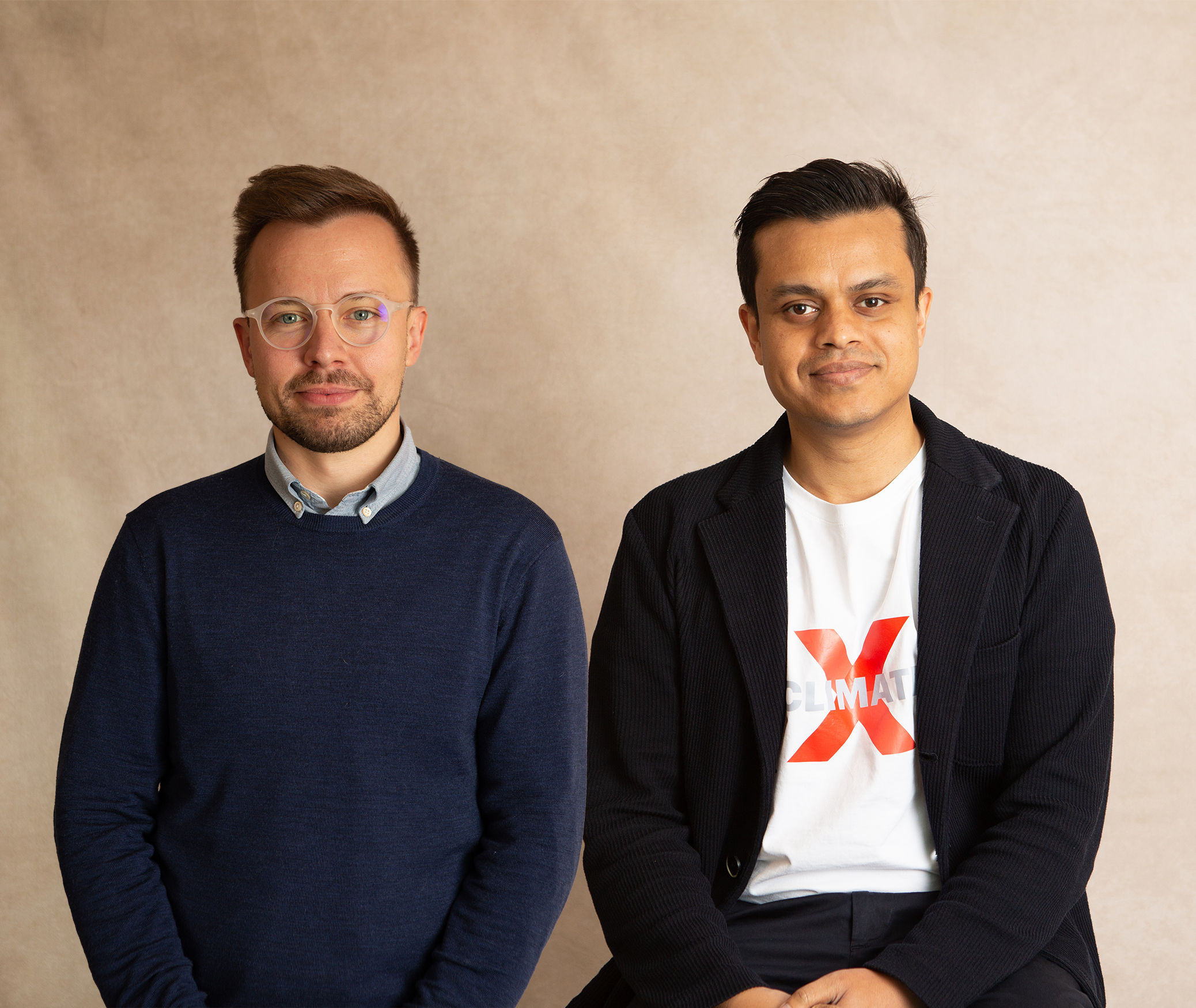Climate tech is often a world of shiny gadgets.
Direct air capture machines suck carbon out of the skies and nuclear fusion reactors reach temperatures hotter than the sun.
It’s easy to be enchanted by these futuristic tech solutions which could one day make a significant dent in emissions. Known as mitigation tech, it aims to stave off temperature rises by removing emissions from the atmosphere and receives the majority of climate tech funding.
But climate change is happening now: so what about the — often less flashy — tech that could help us to survive in our rapidly changing climate?
That’s where adaptation tech comes in. As the name suggests, these solutions help us adapt to climate change — and receive just 7.5% of the global climate tech funding pie, according to data from the Oxford Climate Tech Initiative covering 2019-2020.
While there’s not much VC backing for adaptation hardware and infrastructure, VCs do have a soft spot for software-based adaptation tech. Sifted has learnt that one London-based software startup, Climate X, is raising Series A funding.
But many of the most needed technologies, particularly hardware and infrastructure for the Global South, while intriguing VCs, have yet to tempt them to open their wallets en masse.
What is adaptation tech?
Adaptation tech is an emerging category and definitions are still up for debate. Romain Diaz, investor at VC fund Satgana, says he defines adaptation tech by asking: “If climate change was not upon us, would this company exist?”
Adaptation tech includes tech to make housing and workplaces more liveable in a changing climate; agritech solutions like drought-resistant crops; and watertech to expand access to clean drinking water in areas with shortages.
It can also include large-scale infrastructure and hardware such as flood defence technology, including nature-based solutions, like using mangroves to prevent coastal flooding.
Why is it underfunded?
The lowest-emitting countries are the most vulnerable to the effects of climate change.
“The communities most immediately and severely affected by climate change typically have limited access to capital and social prestige, representing customer segments that technology companies have not traditionally prioritised,” says Lena Thiede, partner at VC fund Planet A Ventures.
VCs tend to have specific geographic mandates — often tied to LP interests — so the number of European funds which invest across the Global South is limited.
There are other challenges apart from funding.
“It requires addressing both persistent risks, such as heat waves during summer, as well as sudden emergencies, like climate-induced disasters,” says Thiede. “For startups, to develop a business model around that can be daunting.”
Adaptation tech has to be tailored to the local context, which can be challenging for companies as they expand into new markets, Theide says.
“Case studies of successful adaptation tech startups are still scarce,” says Satgana’s Diaz. That said, Diaz thinks this is changing.
“A couple of years ago, it would be seen as pessimistic to focus on adaptation, or that there wouldn't be many business cases,” he says. “But, because climate change is upon us and we have to adapt, adaptation tech is increasingly considered part of climate tech.”
VCs warming up to climate risk
As with the broader tech industry, the area of adaptation that receives the most VC attention is software. It is software investing that has previously made investors rich, and they are only recently getting comfortable with more capex-intensive infrastructure bets.
Software that helps other organisations assess and mitigate the impacts of climate change have been more popular with VCs of late.
One such startup, London-based climate risk data platform Climate X, is raising a Series A round, according to two sources with knowledge of the deal and a pitch deck seen by Sifted. Sifted understands it is targeting a standard Series A round, which is typically around $10m. Climate X didn’t return Sifted’s request for comment.
The startup, backed by the likes of Pale Blue Dot and CommerzVentures, offers a climate financial risk platform that helps organisations like banks, real estate companies and mortgage lenders analyse the impact of climate change events on their assets, infrastructure or real estate.

Broadly, European companies working on climate risk modelling secured €161m in 2022, according to data from Dealroom. Funding fell to €55m in 2023, amid a wider cooling in climate software deals (funding for carbon accounting software followed a similar trajectory).
Other startups attracting VC money include Paris-based Descartes Underwriting, which offers insurance products tied to climate risk. The company raised a $141m Series B round in 2022. Spanish climate risk platform Mitiga has raised $18.3m, from investors including the Microsoft Climate Innovation Fund, and Jua, a Swiss startup which supplies weather risk data, has raised $18.5m.
But it hasn’t been all plain sailing for climate risk startups. London-based Cervest, which was once lauded by the UK government as one of the country’s most exciting AI firms, went into administration in June last year and its tech was acquired by Mitiga.
And adaptation tech isn’t just on the radar of specialised climate funds.
Generalist VCs and adaptation
Namratha Kothapalli, a principal at Speedinvest, says her firm has been actively looking into adaptation tech. “The reality is that climate change is here and happening, and venture investors must consider adaptation beyond mere policy,” she tells Sifted.
Speedinvest has backed French startup Finres, which is using AI to help with underwriting and pricing risk decision-making for investments in agricultural resilience. It has also invested in Berlin-based Purpose Green, which she describes as “at the intersection of mitigation and adaptation,” focusing on decarbonising energy-related construction and renovation projects.
But, ultimately, areas like low-carbon heating and cooling solutions, sustainable water generation techniques and disaster preparedness all fit into what Kothapalli calls their view of a “venture model within adaptation tech”.
So far, adaptation tech’s venture case hasn’t materialised into much concrete funding. But the tide could soon be turning: events like COP28, the UN’s climate conference in Dubai last year, have put more focus on adaptive solutions.



